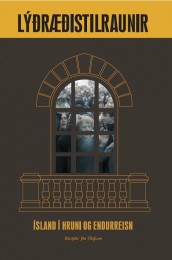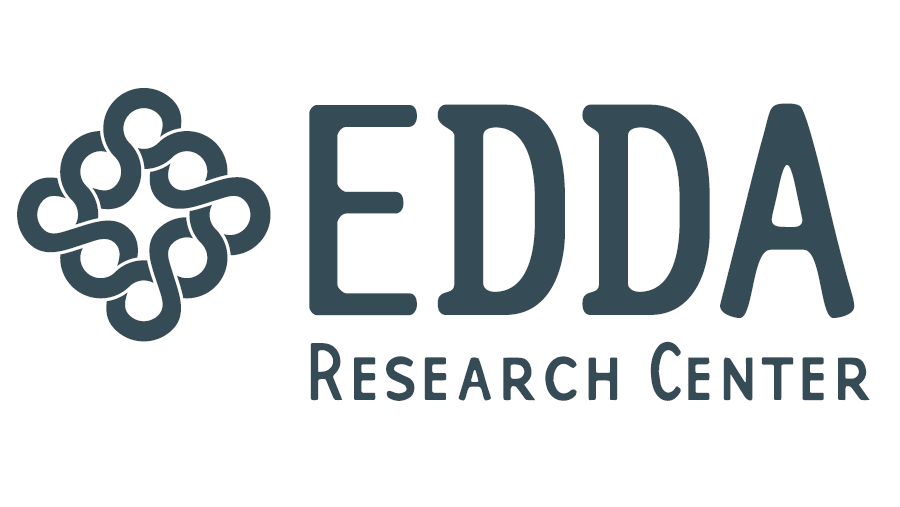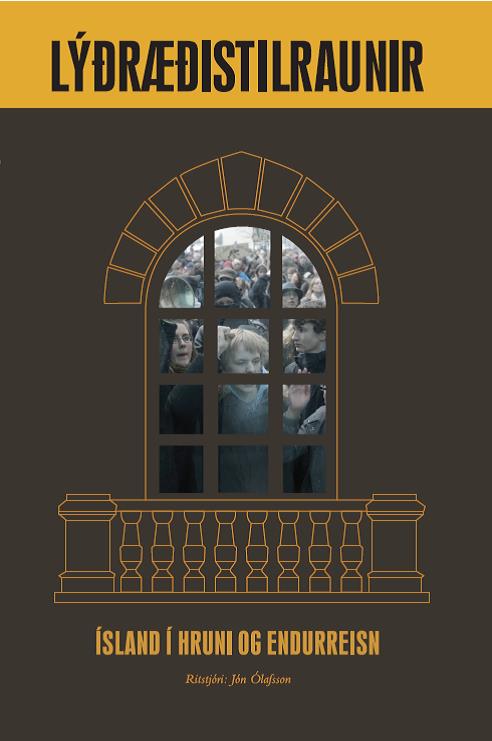The EDDA Ce nter has, in cooperation with University of Iceland Press and with the support of Bifröst University, published the book Lýðræðistilraunir. Ísland í hruni og endurreisn [Democratic Experiments: Iceland in Crisis and Recovery]. The Editor is Prof. Jón Ólafsson.
nter has, in cooperation with University of Iceland Press and with the support of Bifröst University, published the book Lýðræðistilraunir. Ísland í hruni og endurreisn [Democratic Experiments: Iceland in Crisis and Recovery]. The Editor is Prof. Jón Ólafsson.
The aftermath of Iceland’s financial crash in 2008 was characterized by loud demands for new approaches in politics and more public involvement in policy and decision-making. Grassroots activity increased, and in the eyes of many citizens it was vital for Icelandic society to go through democratic renewal in order to respond to and draw necessary lessons from the crisis. National forums were convened; a Constituent Assembly was elected and the City of Reykjavík experimented with participatory budgeting, to name a few innovations that resulted from the crisis – directly and indirectly.
Democratic experiments in Iceland evoked international interest, in particular, the work of the Constitutional Council, which in the period from April to July of 2011 wrote a complete draft of a new Constitution for Iceland and submitted it to Parliament as a constitutional bill. In the book scholars from Iceland, the United States, Italy and France discuss these innovations and explore the lessons that may be drawn from the Icelandic experience in current debates on democracy.
James Fishkin discusses the Constitutional Council and the National forums preceding it. Hélène Landemore explores public consultation in the work of the Constitutional Council, in particular its crowdsourcing exercises. Tom Ginsburg and Zachary Elkins compare the constitutional bill to existing constitutions in other countries. Paolo Spada and Giovanni Allegretti discuss participatory budgeting exploring among other things experiments made by the City of Reykjavík to outsource certain budget decisions to the public. Kristinn Már Ársælsson attempts to evaluate some of the democratic experiments in Iceland. Jón Ólafsson, in an introductory chapter, gives an overview of democratic innovations in Iceland between 2009 and 2013.
Democratic Experiments should evoke the interest of Icelanders critically engaged with innovative approaches in democracy in their country in the years since the financial crash, as well as of policy-makers who wish to understand the international and theoretical context of the attempts to renew democratic approaches in Iceland.

